Why it’s time to start being more eco-conscious when choosing your beauty products
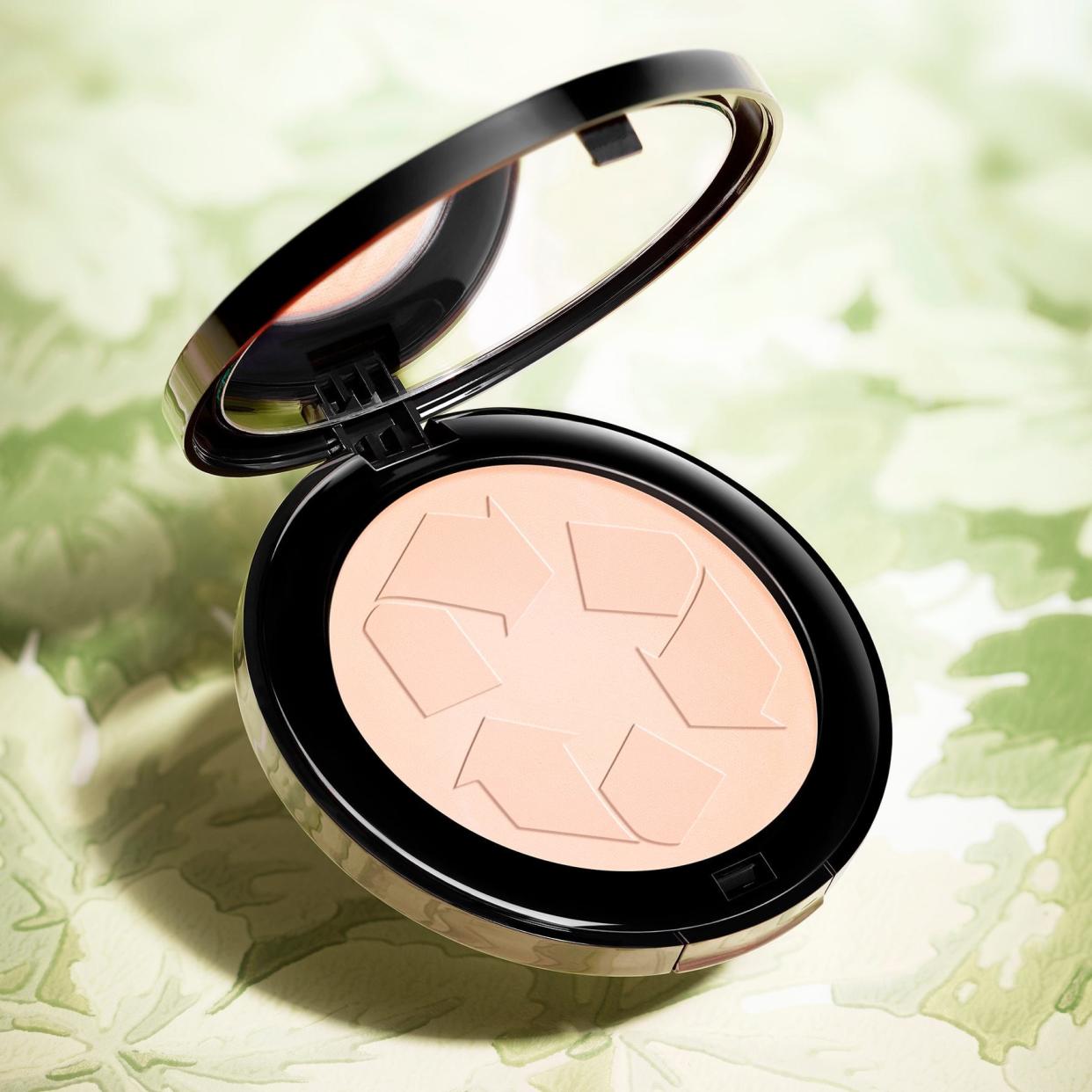
We’re red-hot on recycling newspapers and wine bottles, but less so with cosmetics. Time to wise up, says Becci Vallis
The tides are changing in beauty. And they need to: by 2050 it’s estimated there will be more plastic in the sea than fish*. That’s why, alongside the recently introduced ban on microbeads (the tiny pieces of plastic found in some scrubs, cleansers and toothpastes), Theresa May has plans to eliminate all avoidable plastic waste by 2042. Beauty is a big contributor to the current crisis. Although we recycle 90 per cent of kitchen waste in the UK, only 50 per cent of us recycle what we use in the bathroom.
We’re accustomed to separating packaging when we cook, but that shampoo you’ve just finished? You’ve probably chucked it in the bathroom bin without a second thought. I’m guilty too. Only since saving my ‘empties’ to post on Instagram (carefully curated shots of used beauty bottles), have I been mindfully disposing of them. Social media is proving invaluable in driving our eco awareness.
While brands such as Ren, Lush, Aveda, Neal’s Yard Remedies and Davines have been stalwarts in sustainability for decades, Instagram and Facebook have provided outlets for wholesome new indie brands to promote their environmental attributes online. ‘With strong media voices championing everything from mindful ingredient sourcing to cleaner living, these brands are headlining sustainable beauty,’ says Sarirah Hamid, founder of beauty insights agency Pretty Analytics. ‘Big brands may be working on these things behind the scenes, but they need to be transparent about it or risk losing out to those who have already tapped into the rising eco-conscious consumer.’ It’s certainly putting pressure on the major players to speak up – and that they are.
Unilever and L’Oréal have both pledged to use 100 per cent recyclable, reusable and compostable plastic by 2025; Procter & Gamble has committed to introducing 25 per cent recycled plastic across 500 million bottles of haircare this year; while Avon’s goal is to achieve zero waste to landfill (it’s already 90 per cent of the way there).
Recycling Means Rewards
Despite a desire to do more, most of us aren’t recycling beauty packaging because it’s confusing. Garnier’s answer has been to partner with TerraCycle, which collects and reuses non-recyclable waste for free. Post your empties or take them to a local depot and for each one, TerraCycle donates money towards a non-profit organisation.
Ren, meanwhile, has offered a free recycling service since it launched 18 years ago. Eco incentives are flourishing. Return six empty Mac products and you’ll get a complimentary lipstick; a free face mask is yours in return for five of Lush’s black pots; while & Other Stories rewards customers who take back empties with 10 per cent off their next buy. Reverse vending machines are already popular in Spain – feed in empties and they fire out money-off vouchers and in-store discounts in return.
Time to Top Up
Recycling is one thing, but eco experts are also promoting refilling or repurposing as better options because they keep materials in use. Dermalogica has a ‘Please Recycle’ stamp on the back of its boxes, but ‘Refill Me’ is a label Sarirah hopes to see more of.
There is already some progress. Kjaer Weis make-up comes in silver compacts designed to be kept for ever and all of its products are refillable. By Kilian fragrances are presented in a black-lacquered coffret or fully functioning clutch bags, and the bottles can also be refilled. Or drop lipstick brand Ainsel a direct message on Instagram and arrange to get one of its cases refilled with a new bullet and sent back to you.
Less is More
Reduced packaging is another avenue being explored. Japanese brand Shiro eliminates cardboard by listing ingredients on bottles, Dior has replaced paper instruction leaflets with QR codes and L’Oréal Professionnel’s new Source Essentielle haircare range will come in square bottles when it launches in the spring. ‘We discovered you can fit the maximum amount of liquid within a square and it makes them stackable, minimising space in shipment and the need for excessive packaging,’ explains Laurent Gilbert, director of sustainable innovation at L’Oréal.
Of course, some brands are doing away with plastic altogether. Aveda and BYBI both favour sugar-cane tubes and bottles (a by-product of the sugar production process), Lush is getting ready to unveil cork packaging while others, such as Tata Harper, favour glass. ‘Glass is composed of natural materials and it can be recycled indefinitely, which means less material going to a landfill and a smaller carbon footprint,’ reveals Cara Bondi, VP of research and development at Tata Harper.
360 Sustainability
There’s no point having biodegradable boxes if your factory chugs out carbon emissions. Neal’s Yard Remedies was the first UK retailer to receive a Carbon Neutral mark, in 2008. At its purpose-built eco factory, solar panels, air source heat pumps, thermally efficient glass and 100 per cent renewable electricity ensure its impact on the environment is next to nothing. Likewise, Italian haircare brand Davines uses 100 per cent clean energy in every aspect of its business, and last year the Estée Lauder Companies committed to reaching net-zero carbon emissions by 2020, pledging to source 100 per cent renewable electricity across all global operations at the same time.
Crops and communities also benefit from the full-cycle seed-to-serum approach. L’Occitane and Lush both have fully fledged charitable divisions that donate millions to initiatives locally and worldwide; organic beauty brand Dr Hauschka aims to source everything in close proximity to its German HQ; and UK bodycare brand Soaper Duper has committed to donating a minimum of £150,000 to WaterAid by 2019 in order to help provide impoverished communities with clean water. Even the indie companies are at it, including vegan lipstick brand Axiology, which donates to Peta and the Orangutan Foundation.
What's Next?
Even if you’re not a full-throttle eco warrior, the microbead ban has provided us with the motivation to start rethinking what goes in our bathroom cabinets. If we can get an equally effective scrub from microcrystals, salt and jojoba beads, what else could we – should we – lose?
Sparkly skin might have dominated the s/s 2018 catwalks, but glitter is a growing concern. ‘It’s equally harmful for the environment as microbeads,’ says Dominika Minarovic, co-founder of BYBI. She also believes silicones and polymers in formulations should be looked into, as they too are plastic derivatives. Even SPFs are up for discussion. ‘Chemical sunscreens like oxybenzone and octinoxate are under scrutiny for their potential role in coral bleaching,’ says Tata Harper’s Cara Bondi. With so much to think about, it can seem like a vast task ahead of us. ‘This is where there’s room for innovation in the beauty tech space,’ explains Sarirah. ‘One example is Miigle+ – a Google Chrome browser extension that uses AI to help you find sustainable and vegan brands.’ Bring on the green revolution.
Source Essentielle Everlasting Flowers & Fig Pulp Radiance Shampoo, L’Oréal Professionnel
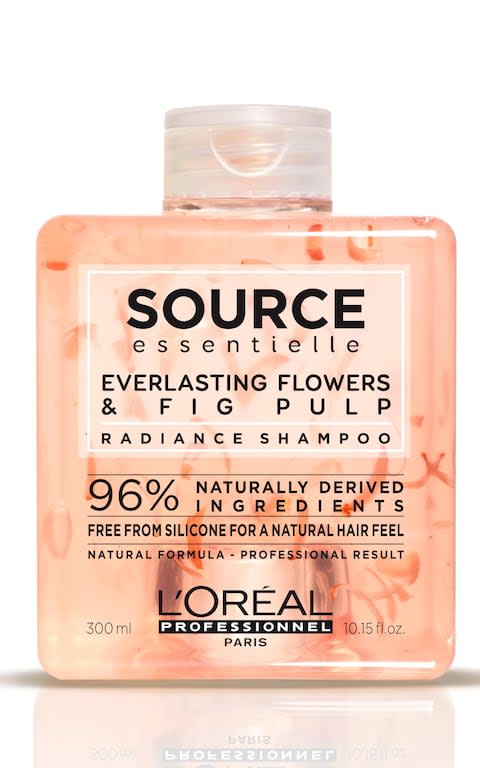
With 96 per cent naturally derived ingredients, we predict big things for these soon-to-be released stackable shampoos.
Cream Blush in Precious, £41, Kjaer Weis
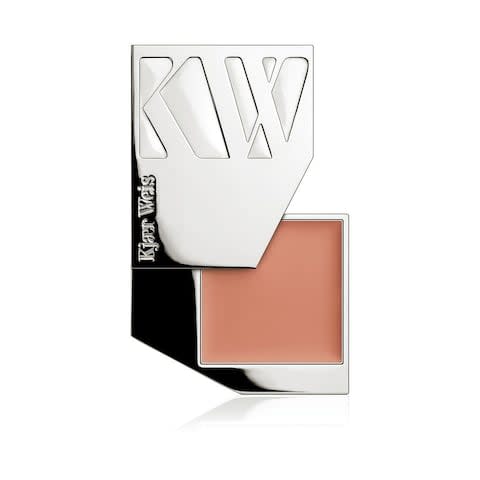
Invest in the pack then once you’re blushed out, order a refill for just £24. Or keep the empty tin for earrings and dainty necklaces that deserve a safe place.
Charity Pot Hand & Body Lotion, £3.75, Lush (lush.com)
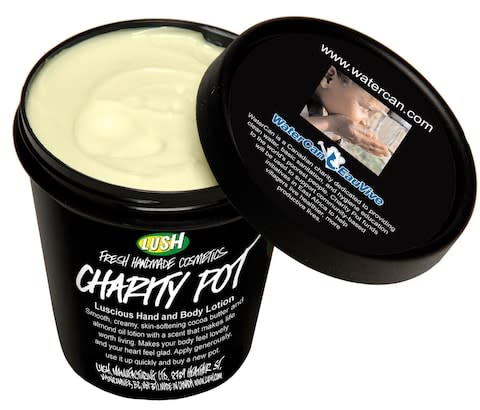
One hundred per cent of the price (minus taxes) goes to grass-roots organisations focused on conservation, animal welfare and human rights.
The Purity Circle, £8, Davines (davines.com)
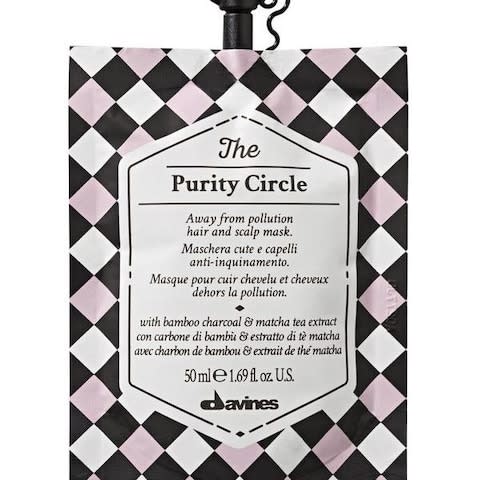
A single-use sachet hair mask, this contains 100 per cent eco-certified bamboo charcoal and the CO2-neutral packaging is produced using renewable energy.
Nourishing Coconut Body Butter, £7.50, Soaper Duper
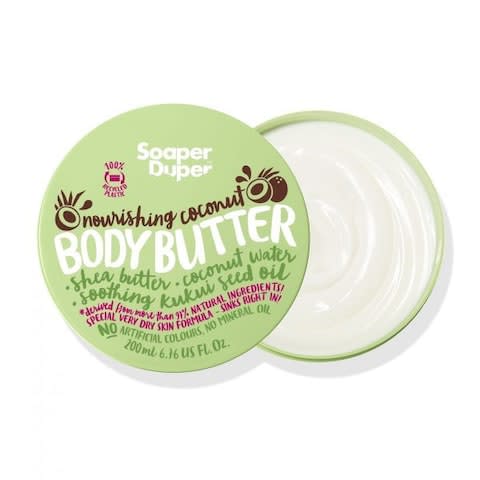
Made from 100 per cent PCR (post-consumer-recycled) plastic, this pot is green because the recycled master ‘batch’ is usually produced from semi-skimmed milk bottles and lids.
Prime Time Priming Facial Polish, £14, BYBI
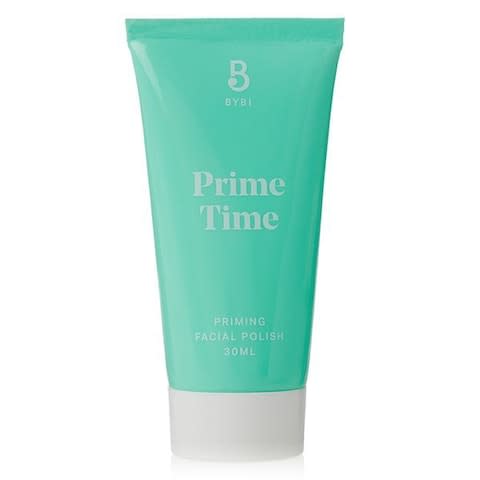
Housed in a biodegradable sugar-cane tube, this 100 per cent natural, vegan primer uses fruit enzymes and jojoba beads to polish the skin.
